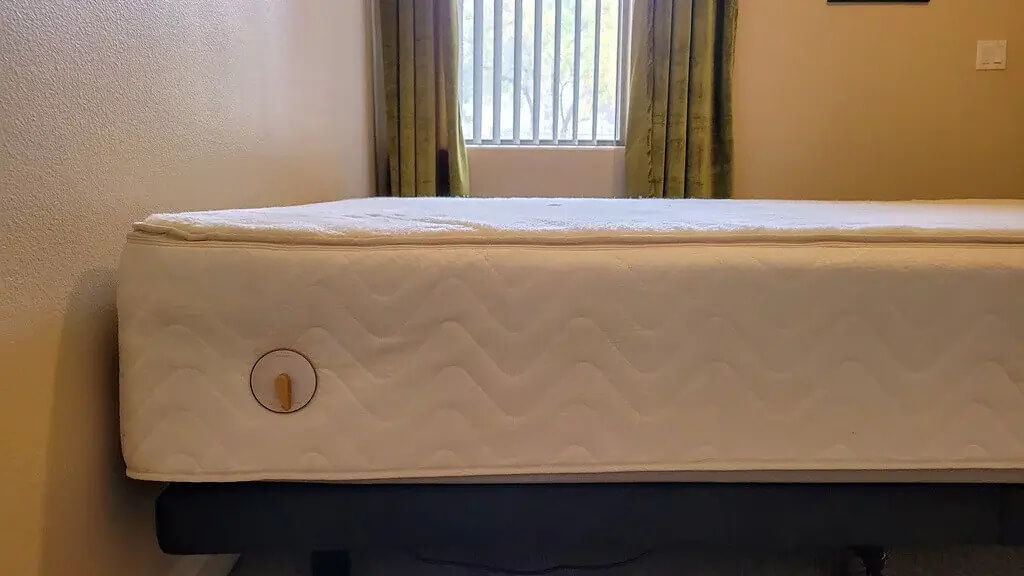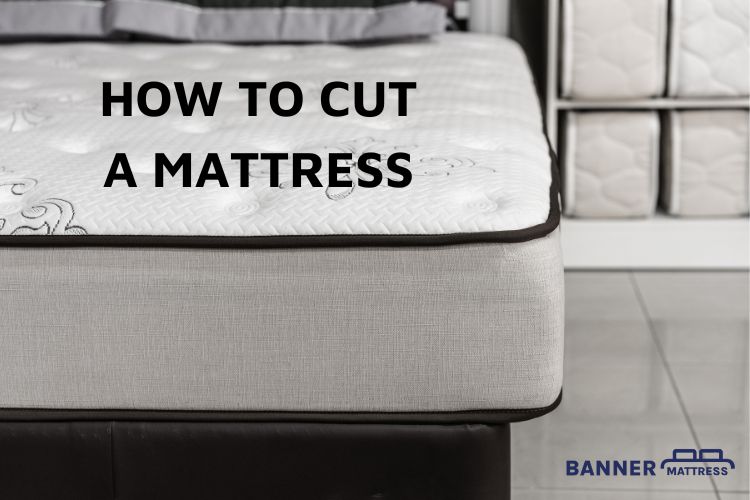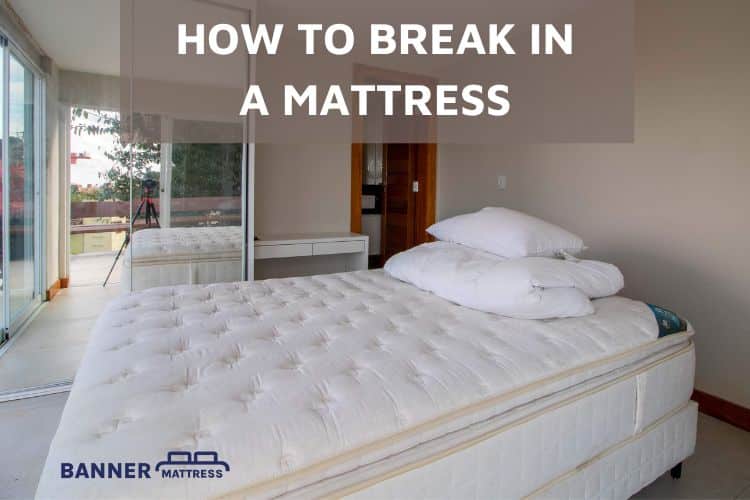If you’re like most people, you want to have good sleep after a long day. You want your mind and your body to relax and rejuvenate well under the cover of darkness. But you can’t enjoy this kind of rest without a good mattress.
Although you may not think about the condition of your mattress when you don’t sleep well, your body can tell when your mattress has a problem even before your eyes do. Unlike many other items in your home, a mattress isn’t an item that you shop for every day. But can you tell when you really need to replace it?
If you’re unsure about when to replace your mattress, here are things you need to look at to determine when to replace a mattress.
Waking Up Sore Or With Aches
If you’ve been waking up feeling sore or with body pains and aches, it’s time for you to replace your old mattress with a new one. An old mattress may no longer provide your body with the support it needs to rest well. This can strain your lower back, shoulders, neck, and hips.
A great way to tell that your mattress has become old is when a physical outline of your body’s impression starts to show. A supportive mattress returns to its natural state after use.
When your mattress starts to lose shape, that’s a sign that it’s no longer able to support the natural curvature of your spine. In the absence of this support, stress builds up in other parts of the body during sleep.
A mattress breaks down gradually. As this happens, you’ll start to experience soreness or tightness in some parts of the body. This discomfort is a strong sign that you need to replace your mattress. Try a bear mattress if you need relief from a sensitive back, sore joints, and shoulder or hip pain.

Using The Same Mattress For 8 Or More Years
Although there’s no exact lifespan of a mattress, its longevity largely varies depending on material type, frequency of use, and how well it’s maintained.
A waterbed mattress is estimated to have the longest lifespan, lasting 12 to 14 years. Latex or gel mattresses may last for 10 to 15 years while memory foam can last for up to 10 years with proper maintenance.
Besides maintenance, the quality of a mattress affects lifespan and also determines how the mattress works for your body. As a general rule of thumb, a mattress should be replaced after 6 to 8 years of use. However, it’s advisable to get a new mattress as soon as your current one starts to lose its comfort.
Your body changes as you get older, it requires a different kind of support system. Pay attention to what your body feels. If you’re not comfortable in your sleep, you may have to replace your mattress even before the current one hits the 8-year mark.
Mattress Has A Worn-Out Look
The other way to know that your mattress needs replacement is when signs of wear and tear have become visible. You can tell your mattress is worn out when you start noticing signs of ripping, stains, holes, tears, and sagging.
A worn-out mattress may also have springs poking out, deep indentations, and a form that’s difficult to shift around. Such a mattress can also feel lumpy and you can feel its foundation whenever you lie on it.

Difficulty Sleeping
Difficulty sleeping is the other way to know when you need to replace a mattress. Quality sleep is important for your body. The lack of it can affect your day and gradually cause chronic stress. Inadequate sleep can cause you to struggle with decreased mood, slower emotional and mental function, and feelings of incompetence.
Although you might not notice it, sleeping problems can be caused by the discomfort in your mattress. You can test whether your mattress may be interfering with your sleep by spending the night on a different bed.
If you realize that your sleep on the other bed is significantly better, you need to get a new mattress.
Experiencing Excess Heat
You know it’s time to replace your mattress when you experience excess heating when you go to bed. If you haven’t had temperature regulation problems since you bought your mattress, then your bed starts getting too hot, that’s a good sign the mattress has started to wear off.
The materials in a mattress begin to soften with time, restricting the flow of air on the surface. If your bedroom is unusually cold or hot, the mattress can wear off faster as excessive heat or cold breaks the materials fast.
Aggravating Respiratory Problems
If you have respiratory problems like allergies or asthma that become aggravated even when the allergy season has passed, you may need to replace your mattress. Old mattresses become infested by dust mites.
Feces from dust mites can cause respiratory issues that trigger asthmatic or allergic reactions. Old mattresses may also harbor other allergens like bacteria and mold that trigger respiratory problems when you sleep. Getting a new mattress is the most effective way of ridding your bed of allergens and maintaining good respiratory health.
Conclusion
Mattresses play an important role in determining sleep quality. You need to replace your mattress at least once every 8 to 10 years to ensure you have a good night’s rest. An effective way to know when to replace your mattress is how you feel when you wake up in the morning.
If you don’t feel fully rested, have difficulties falling asleep at night, or notice that your mattress sags on one side of the bed, you should start thinking of buying a new mattress.
FAQs
- Which mattress should I buy if I want to replace mine?
There are different types of mattresses in the market. The first step towards finding the right mattress is knowing your sleeping preferences. Once you ascertain that, research the various mattress types to determine the one that suits your needs best.
- Do new mattresses come with warranties?
Yes. Most mattress brands offer warranties to buyers. Opt for a brand that offers warranties to safeguard your investment. You need to check the duration of the warranty and what it covers before making a purchase.
- Can I get the same support from a mattress regardless of type?
Mattresses don't provide support that's exactly the same. However, getting a mattress that suits your preferences should work irrespective of what type it is.









